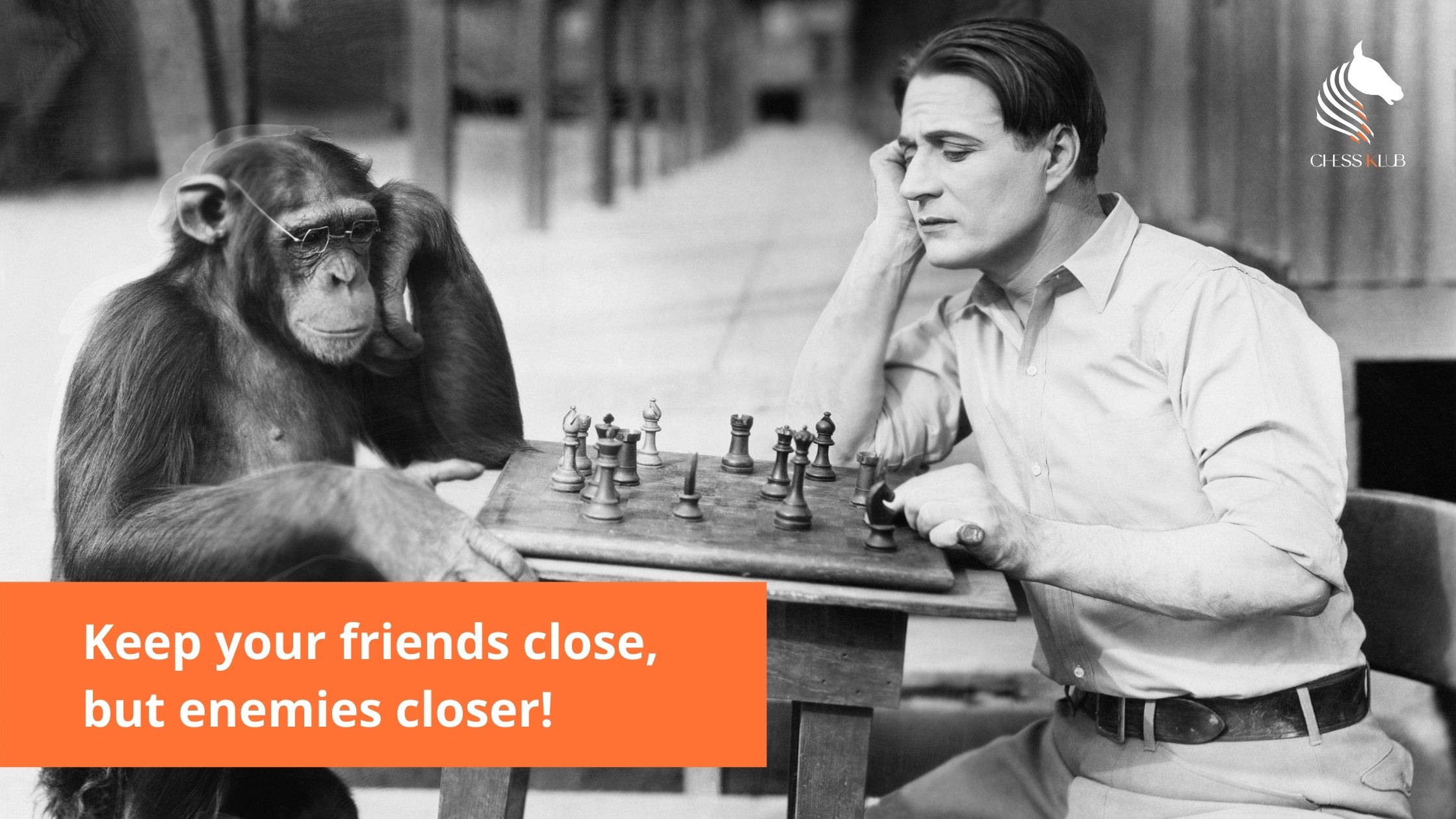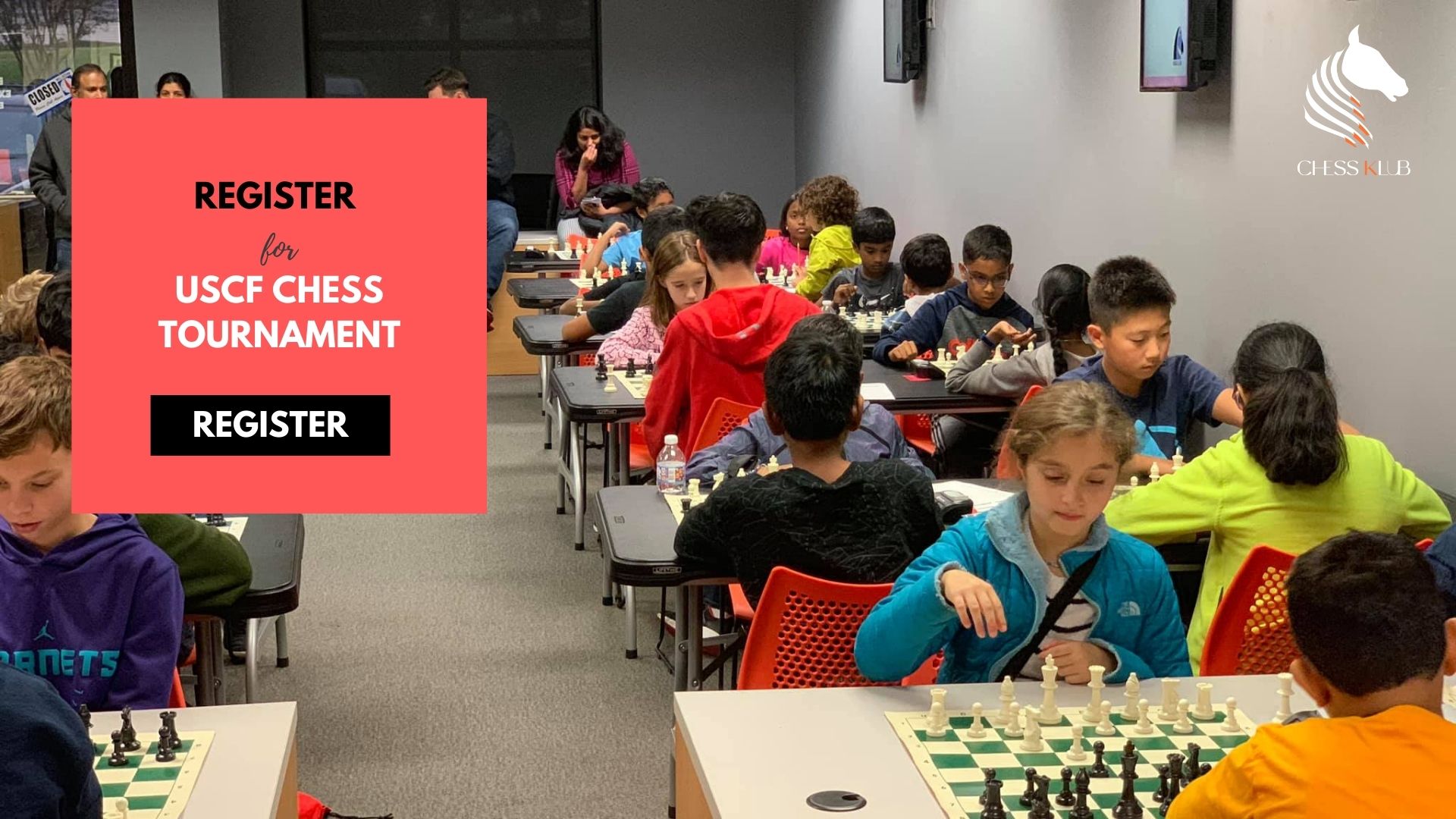Going Beyond the Chess Board – Lessons that Chess teaches you
Say “Chess” and the image that comes to mind is two people sitting pensively over the board with no worries, deeply engrossed in the game. But to most people, playing chess, that too in this hyperactive, uber-connected world, is a waste of time or a way to kill time. Only the seasoned chess aficionado can tell you the pleasure they experience in getting lost in this 8×8- checkered board.
The joy of finding the best move, playing with a competitive, yet sportsman spirit, quietly planning and making moves that lead to the eventual winner, trying to recover from a blunder, and finally, the exuberance of winning the game – just some of the myriad emotions chess players go through when they find a worthy opponent.
Some may call it borderline hedonistic.
After all, to be able to enjoy something so deeply and that too without uttering a single word, and gain so much pleasure, there has to be a limit to what a game of chess can give to us, right!
Read on to see why chess replicates life so much, and how the principles of this game of the Kings are extremely relevant!
The beauty of Chess is that everyone starts on an equal footing
But with tactful moves and long -term planning, there emerges a first amongst equals!
Chess is as much a game of wit as it is of grit and determination. Keep your feet firmly planted in the ground while eyeing for the stars- i.e., checkmate in chess parlance- sounds familiar?
Yeah, you must have read about this way of a winner’s life in many a biography.
Never giving up
Chess tells you how, even when all the chips are low if you can stay focused, the win is just one step away. Chess players know that the battle is fought as much in their heads as it is on the board, maybe more. If you think you have lost, you have already lost it despite having the best of the material and creamiest of the opportunities.
Such is life- the struggles are less real if you have a winning attitude!
Keep your friends close, but enemies closer!
Chess tells you how you can patiently wait for your turn, and also look out for the opponent while he makes a mistake.
If you are not following their game, they are following yours, and you are bound to lose if you don’t figure out how to lock the strong pieces of your opponent into submission. Chess allows equal opportunity to win and lose, and every move is a determinant of not just your knowledge of the game, but also about your adaptability to the changing situation.
When life gives you lemons, you can either sit and brood or bring on your “A” game!
Chess, like life, is about being in the moment
Ironically, though it may seem that chess needs a lot of planning and strategizing if you are unable to enjoy the moment, the purpose of playing the game is lost.
So as much as you need to plan 10 moves, you also need to stay in the present, since life and chess don’t just follow a pre-planned trajectory. You can plan all you want, but the opponent’s moves will determine whether your planning is fruitful or it was just a waste of time.
Then again, if you were too busy working for the future, you have also lost the pleasure of the present!
Chess allows you to be your own company, revel in it, and enjoy it to the hilt!
Many chess players have shared from time to time how chess helped them rediscover themselves or discover something entirely new within them that they had no clue existed.
The hidden strength, the building up of anxious moments, the silent exhilaration when someone makes that move you predicted they would, these are all the unsaid pleasures chess endows you with, when you are in your own company. In more ways than one, chess takes you deep within your personality, helping you discover facets that were completely unknown, even to you!
Chess is all about working hard and keep improving every day.
Every game lost teaches more to a chess player than every win.
Winning is immaterial in chess in many ways because usually losers get played by the winners into making the predicted mistakes. But losing in chess is a lesson that stays with the player for a long time.
A lot of analysis, reflection, and introspection goes into understanding the nuances of the game.
Chess players replay their lost games and try to understand which one of their moves was the one that caused their downfall. Even after analyzing, there’s nothing that the chess player wants more than trying to avoid making similar mistakes, yet not dwell too much on them.
Like life, winning as well as losing in chess are memories that a person lives on with forever.
Chess takes a player and makes them a better human being!
No game in the history of the mankind proffers so much respect on its opponent. It is not a game of luck and destiny. Chess breeds mutual respect for the intelligence and using your brainpower.
Sometimes, a chess player feels he is playing with himself, and not the opponent.
With a range of conflicting moves and evaluating one move over the other, a player knows that he needs to be able to think like his opponent. The ability to think like your opponent leaves the player with a newfound respect for their opponent.
Life is like a game of chess in so many ways.
You win some, and you lose some.
Whatever happens in life, it is the result of the decisions that you took in the prevailing circumstances. Like in chess, you are given a set number of chances that can make all the difference to the way it all turns out for you.
Life and chess are so much alike, and for everyone here at the Chess KLUB, chess is indeed life!






